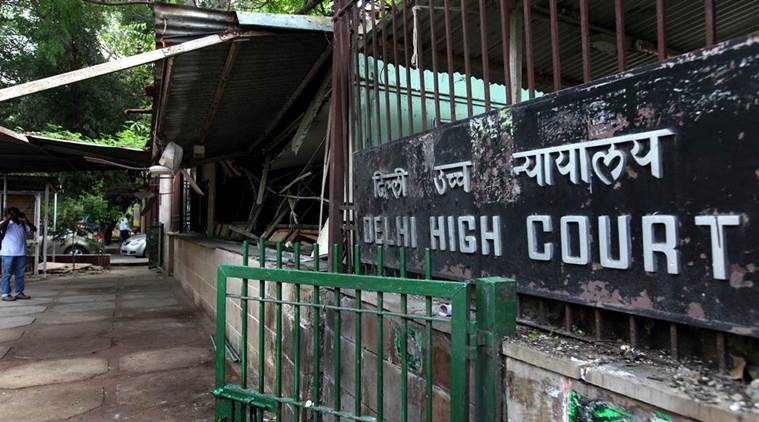Delhi High Court rejects Monsanto plea on BT cotton patent
The bench of justices S Ravindra Bhat and Yogesh Khanna gave Monsanto a three-month window to apply for registration of these seed varieties under the Plant Varieties Act.
 The government controls trait value (royalty) the firm receives on the technology from some 50 domestic seed companies.
The government controls trait value (royalty) the firm receives on the technology from some 50 domestic seed companies.
The Delhi High Court on Wednesday disallowed a plea by American agricultural biotechnology firm Monsanto to enforce its patent for its genetically modified (Bt) cotton seed varieties ‘Bollgard’ and the widely used ‘Bollgard II’ in India.
The government controls trait value (royalty) the firm receives on the technology from some 50 domestic seed companies.
The bench of justices S Ravindra Bhat and Yogesh Khanna gave Monsanto a three-month window to apply for registration of these seed varieties under the Plant Varieties Act (PVA). A registration under the PVA would still entitle the firm to trait fee.
However, it’s just a control over reproductive materials of the plant, not the key genetic material. In the absence of a patent, the plant genetic material would be unprotected and would be available to the public for further research and development.
After the verdict, Monsanto pleaded that the decision be kept in abeyance for a few weeks till it can challenge it in the Supreme Court. However, the court declined the plea but granted the US company a certificate of fitness to file an appeal in the apex court.
Both Monsanto and Hyderabad-based Nuziveedu Seeds had filed cross-appeals against the high court’s single-judge order in March last year that ruled that Monsanto’s termination of its sub-licence agreement for genetically modified hybrid cotton seeds with Nuziveedu Seeds was illegal and arbitrary.
The judge had also directed restoration of the sub-licence agreements with the Indian seed manufacturer to use Monsanto’s Bollgard and Bollgard II trademarks as per the GM Technology Licensing Agreement found in the Licensing and Formats for GM Technology Agreement Guidelines, 2016.
However, the single judge while rejecting Nuziveedu’s plea that the US-based major was incorrectly granted patent for Bt cotton seeds varieties had held that all future royalty payments or trait fee for the use of Monsanto’s patented Bt cotton technology would be as per government stipulations. FE
- 01
- 02
- 03
- 04
- 05































